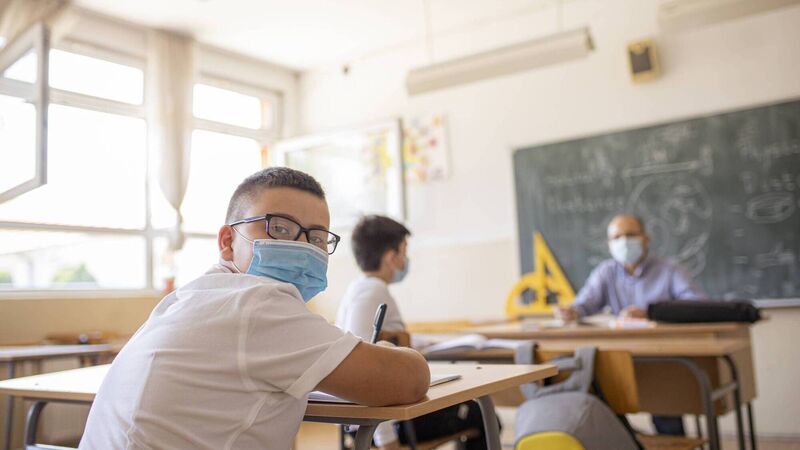Travel restrictions put 8,000 jobs at risk in English language schools

English Language Education (ELE) schools in Ireland risk losing up to 8,000 jobs due to Covid restrictions on bringing in overseas students, warns Marketing English in Ireland (MEI), representative group for the sector. Picture: iStock
English language teaching schools urgently need clarity around the recruitment of new students or risk putting up to 8,000 teaching jobs at risk.
David O'Grady, CEO of Marketing English in Ireland (MEI), says he has no answers for the global agents looking to book overseas students into the Irish-based schools he represents. Under current Covid guidelines, these private schools can reopen but they cannot enroll new students.











